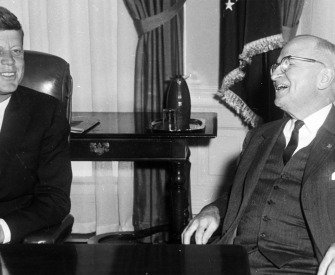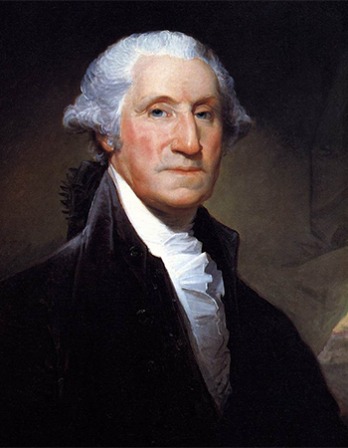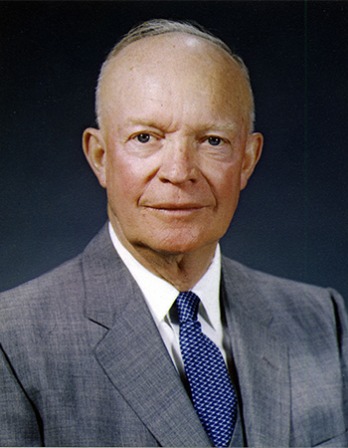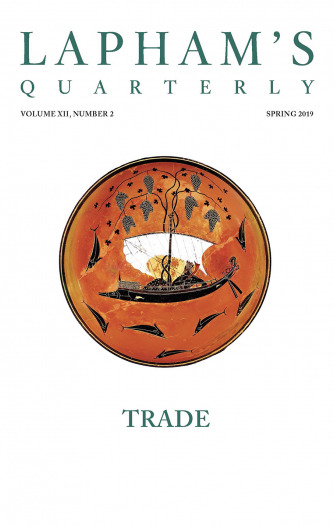It is well known that the man, whom it delighteth the people to honor, keeps, and for many years past has kept, as his concubine one of his own slaves. Her name is Sally. The name of her eldest son is Tom. His features are said to bear a striking although sable resemblance to those of the president himself. The boy is ten or twelve years of age. His mother went to France in the same vessel with Mr. Jefferson and his two daughters. The delicacy of this arrangement must strike every person of common sensibility. What a sublime pattern for an American ambassador to place before the eyes of two young ladies!
If the reader does not feel himself disposed to pause, we beg leave to proceed. Some years ago this story had once or twice been hinted at in Rind’s Federalist. At that time, we believed the surmise to be an absolute calumny. One reason for thinking so was this: a vast body of people wished to debar Mr. Jefferson from the presidency. The establishment of this single fact would have rendered his election impossible. We reasoned thus, that if the allegation had been true, it was sure to have been ascertained and advertised by his enemies in every corner of the continent. The suppression of so decisive an inquiry serves to show that the common sense of the Federalist Party was overruled by divine providence. It was the predestination of the supreme being that they should be turned out; that they should be expelled from office by the popularity of a character, which, at that instant, was lying fettered and gagged, consumed and extinguished at their feet!
We do not wish to give wanton offense to many very good kind of people. Concerning a certain sort of connections, we have already stated that “of boys and bachelors, we have said nothing, and we have nothing to say.” They will be pleased, therefore, to stand out of the way. When the king of Prussia was upon the point of fighting the great and decisive battle of Lissa, he assembled his principal officers and, under the penalty of his utmost contempt, exhorted them to bravery. In the midst of this address, an old veteran dissolved into tears. “My dear general,” said Frederick, “I did not refer to you.” Some of our acquaintances are, upon the same principle, requested to believe that we do not in this allusion refer to them. We have formerly stated that supereminent pretensions to chastity are always suspicious. This hint was sufficiently plain to show that the recorder does not desire to set up a manufacture of wry faces. The writer of this essay does not bear the stamp of a Scots Presbyterian parson of the last century. But still, we all know that some things may be overlooked which can hardly be excused, and which it is impracticable either to praise or even to vindicate. Such is human nature, and such is human life. One of our correspondents very justly observes that “there is nobody of whom something disagreeable may not be said.”
By this wench Sally, our president has had several children. There is not an individual in the neighborhood of Charlottesville who does not believe the story, and not a few who know it.
From “The President, Again.” A Scotsman who wrote pamphlets attacking British institutions, Callender fled to Philadelphia in 1793. After serving nine months in jail under the Sedition Act, he hoped to be appointed postmaster in Richmond, Virginia, by his political ally President Thomas Jefferson. He failed to get the position and thereafter published this article in a Federalist newspaper. “I am really mortified at the base ingratitude of Callender,” wrote Jefferson. “It presents human nature in a hideous form.” In 1998 DNA tests confirmed that Jefferson had fathered at least one child with his slave Sally Hemings.
Back to Issue




